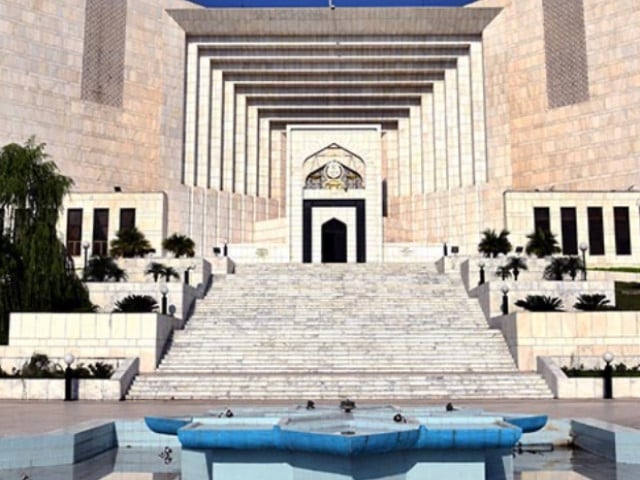The accused, Imran alias Mani, was charged with double murder and adultery 21 years ago.
Supreme Court Apologizes for Six-Year Delay in Double Murder Case Appeal
Islamabad, August 23, 2024: The Supreme Court of Pakistan has issued a formal written order addressing a significant six-year delay in adjudicating an appeal related to a double murder case from Wazirabad, Punjab. The appeal, initially filed in 2018, had been pending before the Shariat Appellate Bench. The case involves the accused, Imran alias Mani, who was charged with double murder and adultery 21 years ago.
The Shariat Appellate Bench had earlier acquitted Imran due to insufficient evidence, leading to his release. However, the protracted delay in processing the appeal has raised serious concerns about judicial efficiency and the administration of justice.

In its written order, the Supreme Court expressed profound regret over the extended period of inactivity that had plagued the Shariat Appellate Bench. The delay in reaching a decision has been described as a failure in upholding the principles of timely justice, which are fundamental to the judicial system. The Supreme Court emphasized that such delays undermine public confidence in the legal system and hinder the delivery of justice to the affected parties.
The Supreme Court’s order explicitly highlighted that the judges of the Shariat Bench had been inactive for a considerable duration, which contributed to the delay. The order stated, “The judges should know their duties to deliver justice,” underscoring the essential role of timely judicial action in maintaining the integrity of the legal system.
Furthermore, the court underscored that there is no provision within the Constitution that permits the Shariat Bench or any other judicial body to remain inactive. This lapse in duty was deemed unacceptable, and the Supreme Court reiterated the importance of ensuring that judges are available to hear cases, including during periods such as summer vacations. The aim is to prevent similar delays in the future and ensure that justice is served promptly.
The case has drawn significant attention due to its complexity and the length of time it has taken to resolve. Imran alias Mani’s charges date back over two decades, involving serious allegations of double murder and adultery. Despite the Shariat Appellate Bench’s acquittal of the accused, the procedural delays have been a focal point of criticism.
The Supreme Court’s intervention and subsequent apology highlight the ongoing challenges within Pakistan’s judicial system regarding case management and the efficient handling of appeals. The order serves as a reminder of the critical need for judicial bodies to adhere to constitutional and procedural mandates to avoid unnecessary delays and ensure justice is delivered without undue postponement.
The case also underscores the broader issue of judicial inefficiency, which can affect the overall perception of the legal system’s effectiveness. The Supreme Court’s proactive stance in addressing this issue and holding the Shariat Bench accountable reflects its commitment to maintaining the rule of law and ensuring that justice is not only done but seen to be done.

